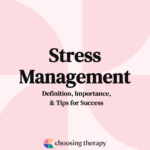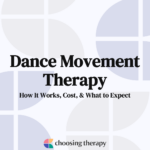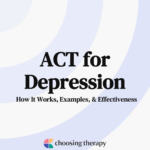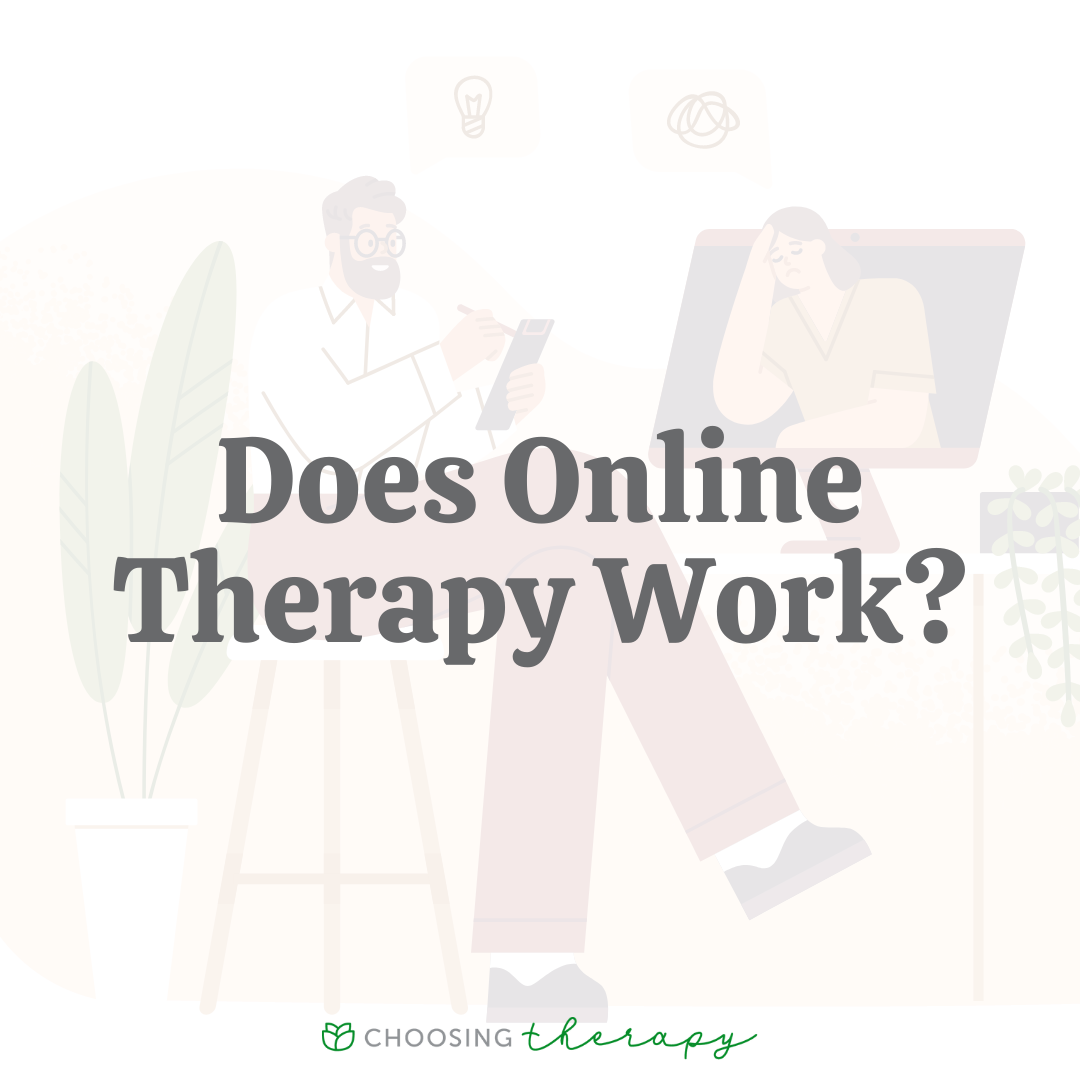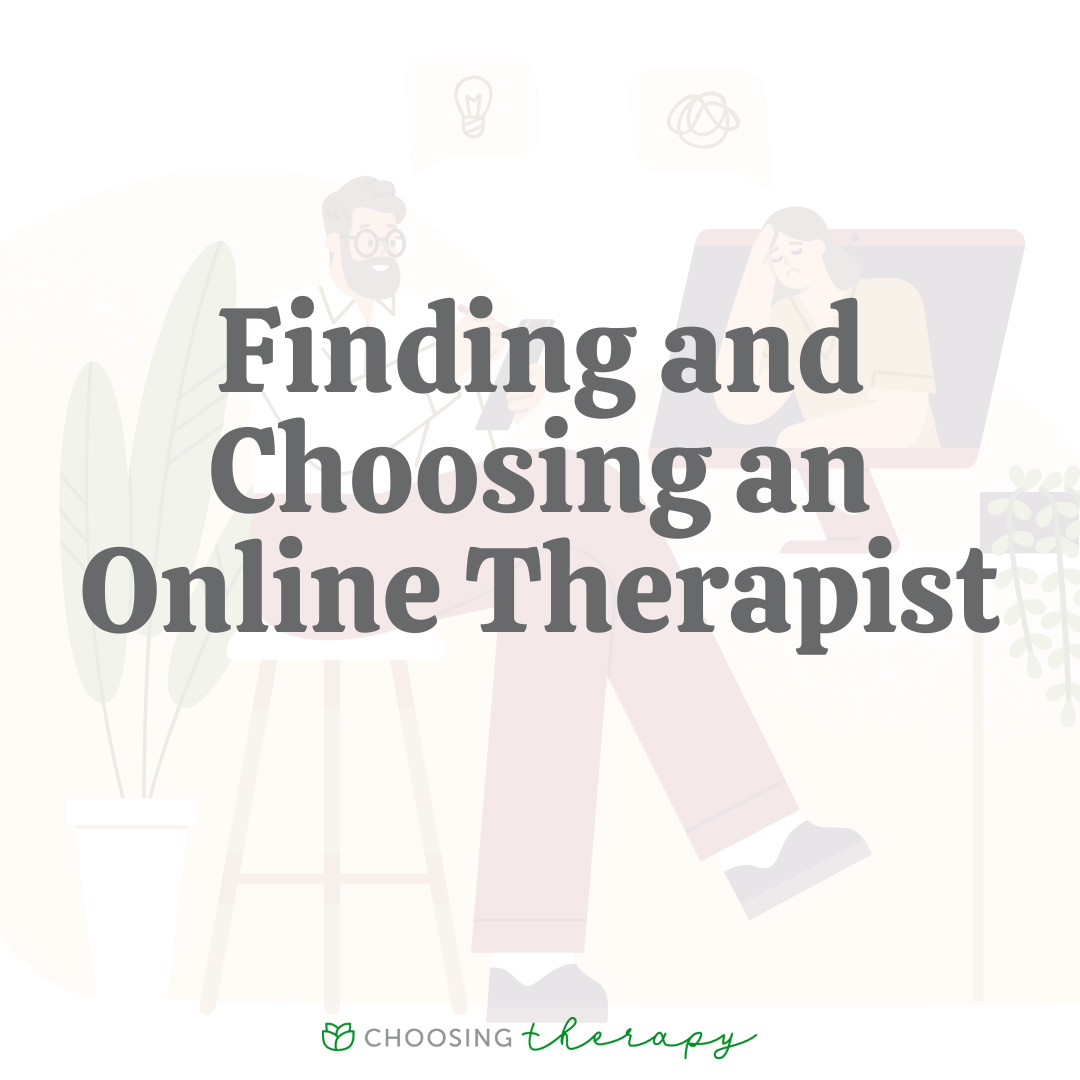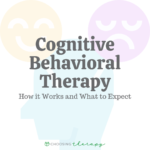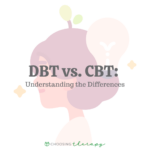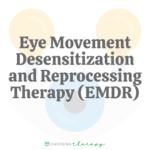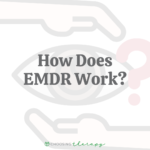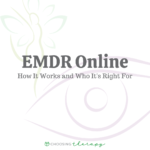
Learn About Therapy Techniques
Therapy techniques differ depending on many factors, including the type of therapy, therapist, and individual client needs. Exploring the many different approaches can be daunting, so here are some resources to get you started.
Featured Therapy Techniques Articles
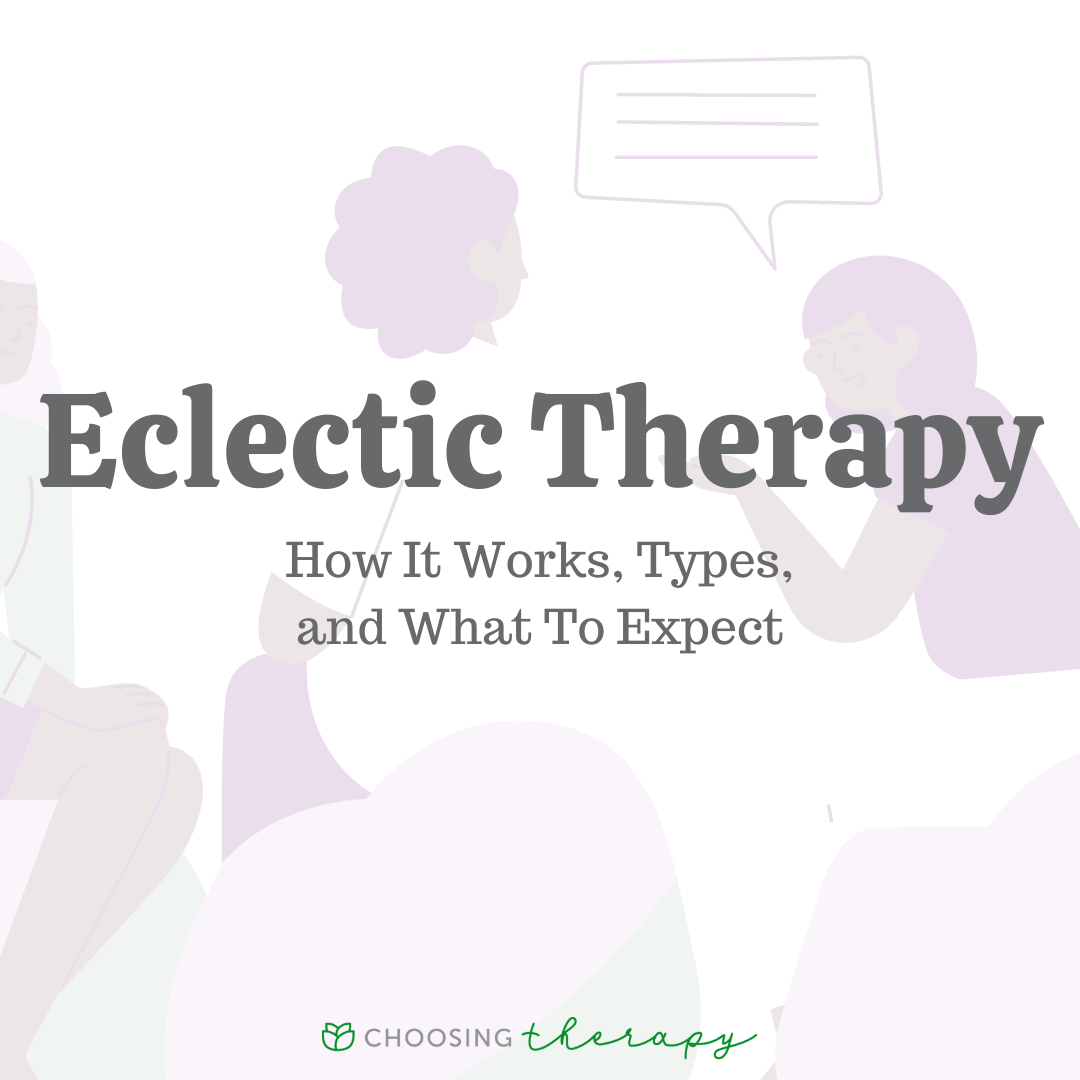
Eclectic Therapy: How It Works, Types, & What to Expect
Eclectic therapy can be viewed as a combination of different therapy approaches that is tailored to each client depending on their problems, goals, and expectations.
by: Tanya J. Peterson, NCC, DAIS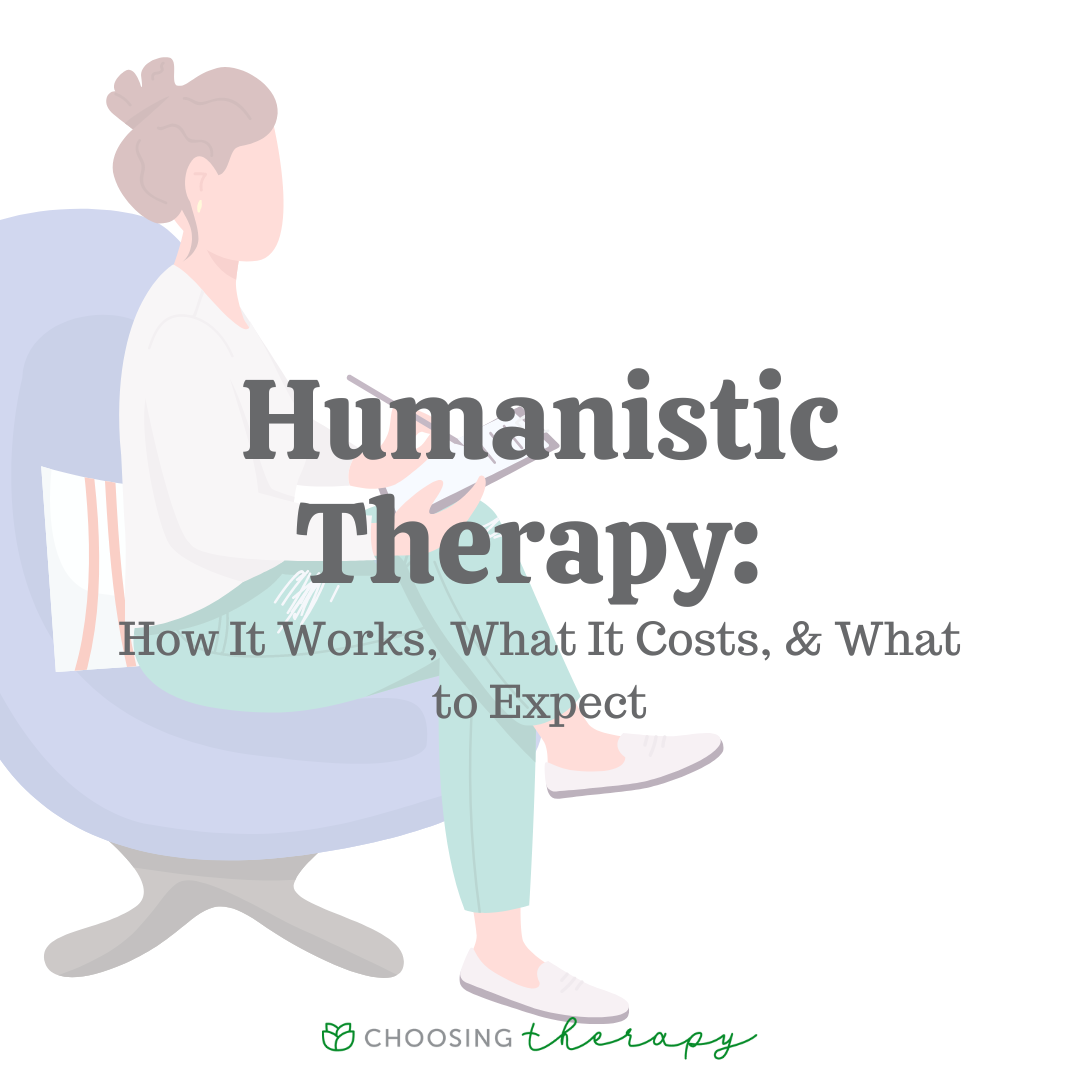
Humanistic Therapy: How It Works, What It Costs, & What to Expect
Humanistic therapy focuses on people, not diagnoses. Individuals are seen as highly valuable, unique, and capable of achieving their goals. This type of therapy is seen as supportive to the client and helps them to achieve their fullest potential.
by: Tanya J. Peterson, NCC, DAIS
Dialectical Behavioral Therapy (DBT)

Eye Movement Desensitization & Reprocessing (EMDR)

Group Therapy

Other Common Types of Therapy
Videos About Different Therapy Techniques
Read More About Therapy Techniques




